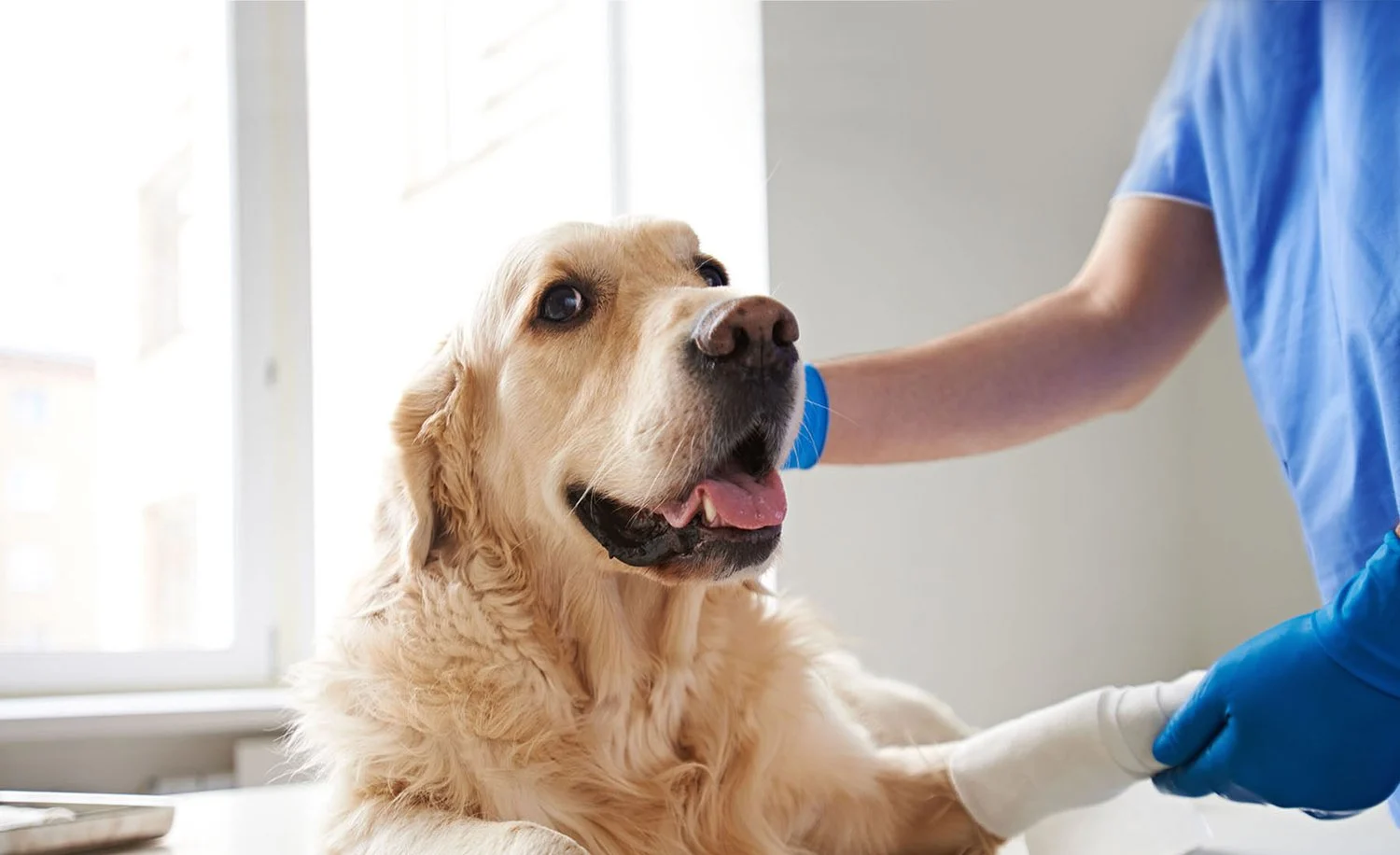
Taking in and caring for a pet can be one of the most rewarding experiences in your life but it can also add a lot of responsibility. Your pet’s well being is important and they should have good care if they are going to live a long and healthy life.
Regular veterinary visits are essential in maintaining good health and warding off illness.
Make sure it is microchipped and wears ID tags, and finds a way to move its body as regularly as possible for physical and mental stimulation.
Feeding
Diet is a pillar of good animal welfare, and research has shown that pigs, chickens and other farm animals fed with high-quality diets can live up to 20 per cent longer when compared with counterparts fed substandard rations.
Remain hydrated by providing your pet with fresh, clean water daily. Another method to stay hydrated is by frequently cleaning bedding, as well as toys and play areas to minimise germs and exposure to pollen.
Please keep an eye on pet weight to ensure your pet retains a healthy body condition. If your pet is overweight, its joints can become affected, due to carrying added weight, which can lead to arthritis, heart disease and other complicated health issues.
Wash your pet, brush its teeth (use only dog or cat toothpaste – not yours!), give it mental stimulation through training or play, all to discourage all forms of destructive behaviour.
Grooming
Having a pet can bring you boundless of love and happiness. However, you have to take your pet responsibily. You have to choose a balanced diet, go to vet care visits, make a vaccination, take your pet for a groom, sociailize your pet and take it to daily physical excercise all the time.
Regular grooming, such as brushing your pet’s fur, keeps it tangle-free and healthy, but it also means you are more likely to spot rashes and parasites such as fleas and ticks that you can treat quickly.
Bathing your pet is part of the grooming process which you have to do using pet-specific shampoo and after being rinsed off after each application. Cut his/her nails as well.
Exercise
Pure and simple, pets provide warm human beings with loving and loyal relationship with pets. Yes, there are responsibilities, including the provision of a healthy diet, vaccinations, regular exercise, monthly monitoring of teeth for signs of dental disease, and a comprehensive approach to safety outside the home.
There are plenty of benefits exercise can offer your pet – from helping to maintain a healthy weight, to reducing disease risks, and helping to boost your pet’s mental wellbeing. Besides, exercise helps to reduce boredom which leads your pet to engage in destructive habits such as chewing up your favourite shoes or incessantly barking!
Make sure to schedule in daily walks and playtimes, and let your pet run up and down stairs or romp in the yard.
Vaccinations
Because vaccines are essentially preventive health measures, what you are giving your pet is a drug, and perhaps a lifesaving one at that Vaccines are often misunderstood by many. Pets live in a world where they can encounter pathogens that may be obliterated before they cause harm but that still trigger an immune response against them. Through vaccination, you encourage your immune system to produce antibodies against foreign invaders, thereby keeping your pet healthier because antibodies in blood and tissues help fight or prevent the diseases those agents cause, such as pneumonia, diarrhoea, lethargy, loss of appetite, pain, lameness and death. Because vaccines are essentially preventive health measures, what you are giving your pet is somewhat of a drug, and it might well, at times, be a lifesaving one.
And while core vaccines provide the most important protection from potentially lethal illnesses such as distemper and parvovirus, non-core vaccines protect against conditions such as Bordetella bronchiseptica (commonly known as kennel cough) and leptospirosis, keeping your pet healthy in the company of other dogs and people.
You, as a pet owner, have a responsibility to make sure your companion pet gets the best protection available against infectious diseases by providing vaccinations in accordance with the schedule set up for them by their veterinarian, based upon their lifestyle, location or other determining factors that can bring special risks.
Training
As a new pet owner, you want to feel like you know how to take care of your pet and fulfill their basic needs to keep them properly nourished and healthy for a longtime. Regular veterinary check ups, advisable nutritional diets, as well as proper dental care, grooms and exercise are vital to every pet’s essential needs.
Pet owners must ensure fresh hydration for their loved ones. You should ultilise creature water that is always changed out for fresh, clean reserves – including outdoor animals that can get contaminated by bugs, like flies and mosquitos.
Regular washing of soft toys and blankets and bedding would help clear off germs, dirt and pollen from the pets, which can trigger seasonal allergies both in cats and dogs. This should also help animals on medication.
Mental Stimulation
Dogs are sentiant beings, which means physical and mental stimules are the need for them to be happy and healthy Boredom can cause destructive behaviour such as pacing, barking excessively, chewing or digging that may lead to an injury reducing the lifetime of any sentient being and the health of any fellow two or four-legged human they may interact with.
Exercise, training, and mental stimulation all play a important role in fighting bad behaviour, so try new tricks, play games, and give your pup puzzles to occupy his mind.
Second, frozen foods can be a great way to keep your pet’s mind in shape. A pupsicle made from frozen kibble, fruit or vegetables can be a great licking and problem-solving treat that are easy to work into day-to-day routines, even as part of preventive health programmes, such as battling obesity and improving your pet’s relationship with you.

